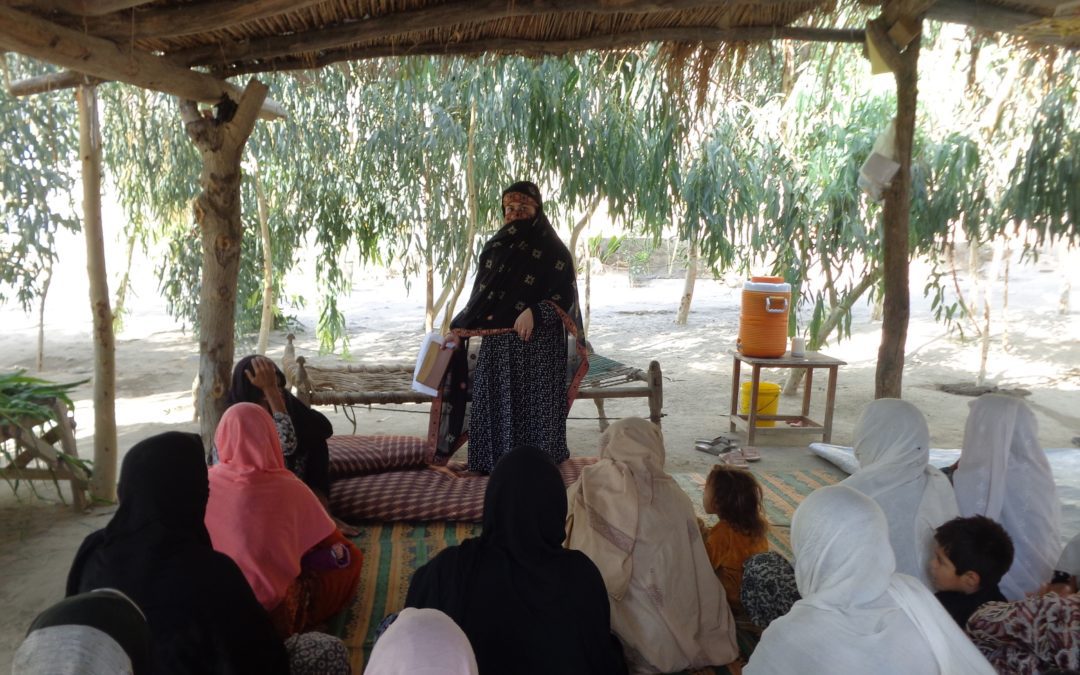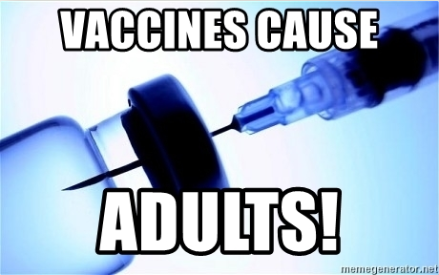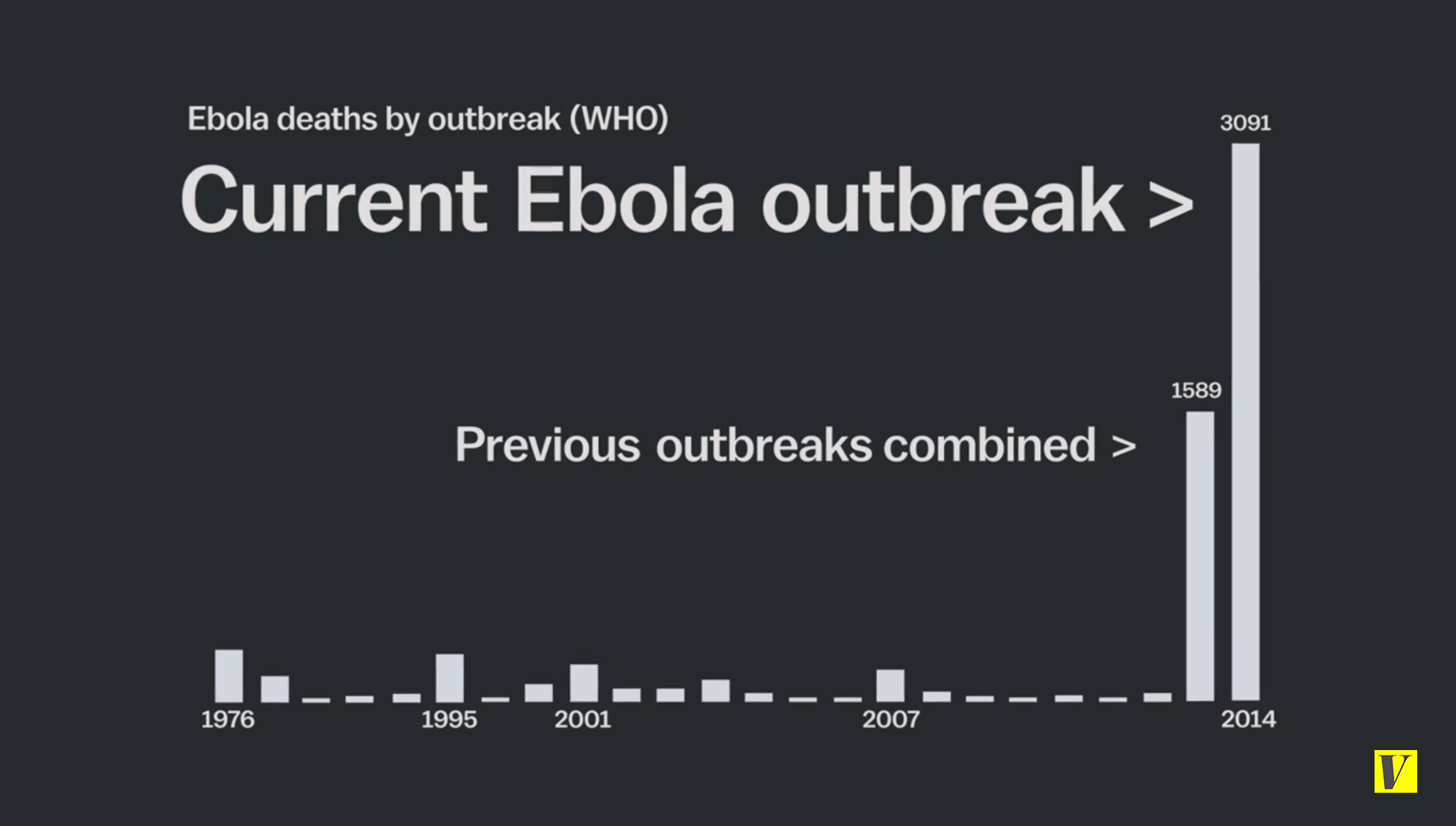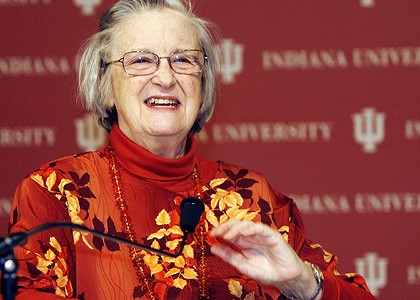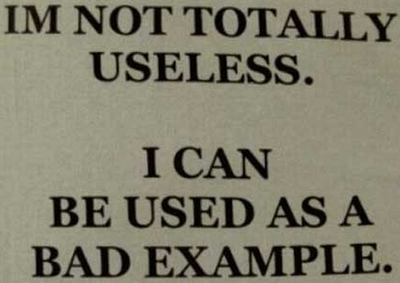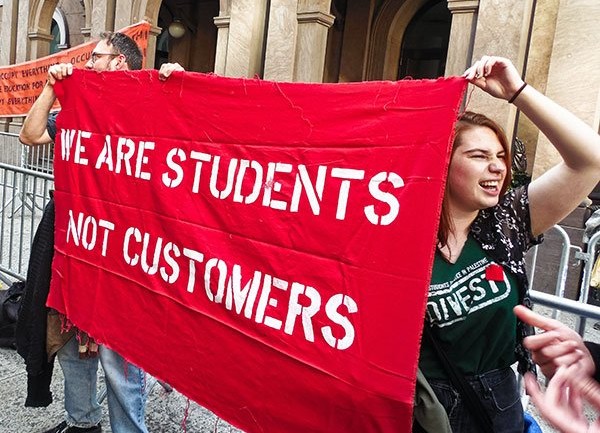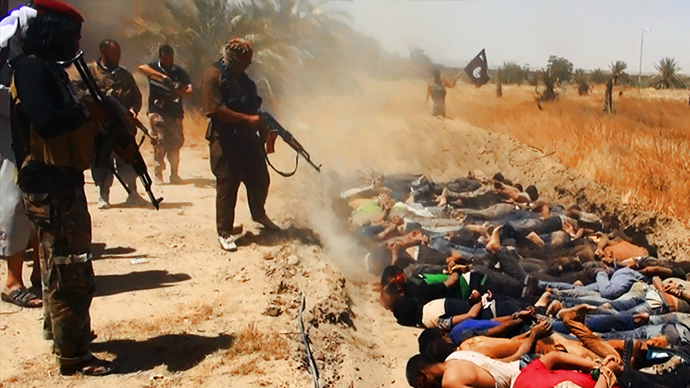Since the Taliban’s takeover in Afghanistan in August 2021, there have been growing calls by many Afghans, along with the international community, to protect the rights of women and girls. Questions remain about how Afghans want to see women’s rights protected. A...
